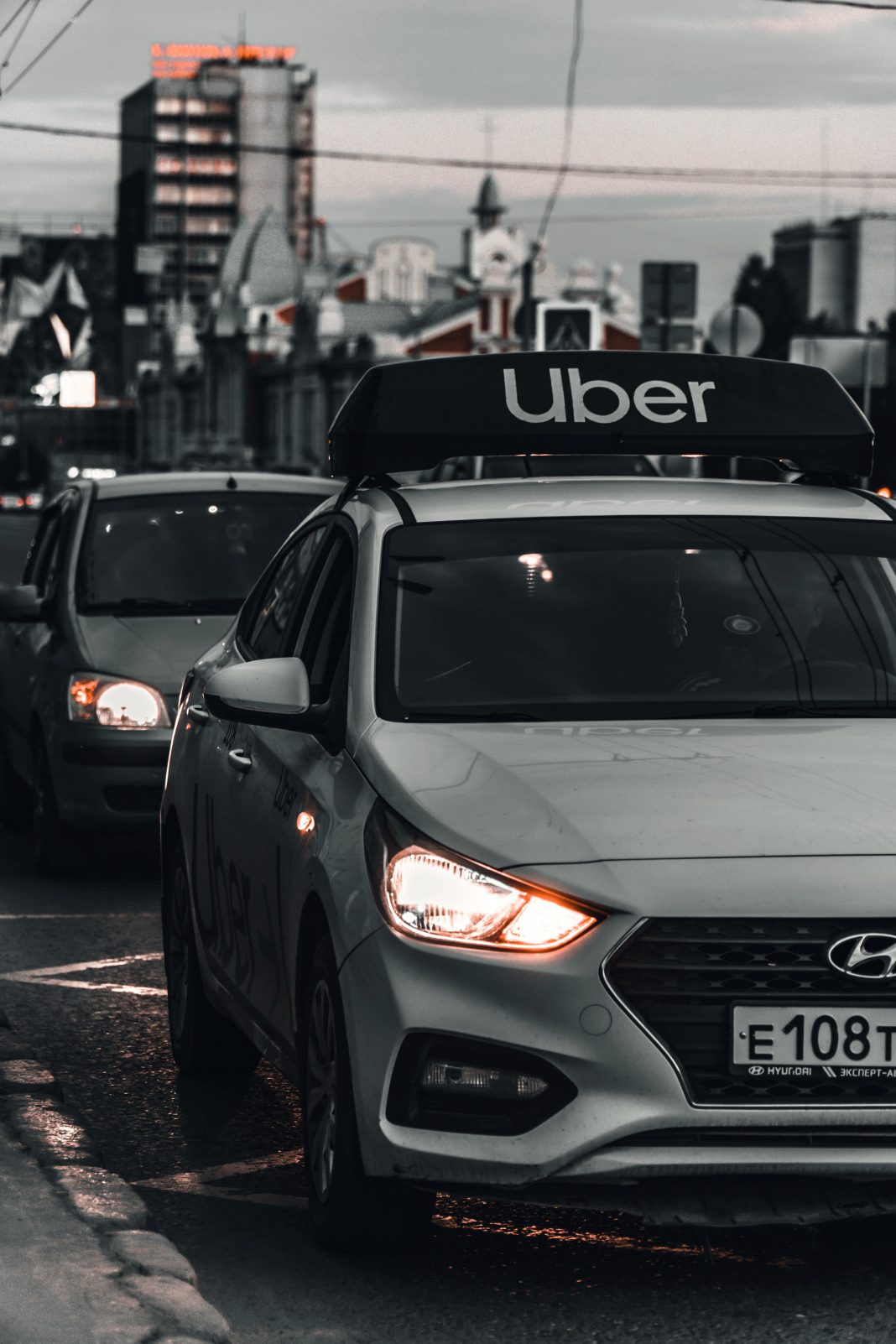A Dutch court ruled on Monday that Uber (UBER.N) drivers are employees entitled to higher workers’ rights under local labor rules, dealing a blow to the company’s European business model.
It was another court victory for unions seeking improved pay and benefits for gig economy workers, following a similar ruling in the United Kingdom earlier this year.
The Amsterdam District Court agreed with the Federation of Dutch Trade Unions, which contended that Uber’s around 4,000 drivers in the capital are in fact taxi drivers who should be entitled to the same advantages as taxi drivers.
Uber said it would appeal against the decision and “has no plans to employ drivers in the Netherlands”.
“We are disappointed with this decision because we know that the overwhelming majority of drivers wish to remain independent,” said Maurits Schönfeld, Uber’s general manager for northern Europe. “Drivers don’t want to give up their freedom to choose if, when, and where to work.”
The court determined that drivers who carry clients via the Uber app are covered by the taxi transportation collective bargaining agreement.
“Due to the judge’s ruling, the Uber drivers are now automatically employed by Uber,” said Zakaria Boufangacha, FNV’s deputy chairman. “As a result, they will receive more wages and more rights in the event of dismissal or illness, for example.”
According to the court, Uber drivers are entitled to back pay in some cases. Uber was also fined 50,000 euros ($58,940) by the judges for failing to comply with the terms of the taxi drivers’ collective bargaining agreement.
After losing a Supreme Court case in February, Uber announced in March that it would improve workers’ rights, including the minimum wage, for all of its more than 70,000 British drivers.
Uber also faced legal challenges in the United States, with the Supreme Court rejecting its attempt to avoid a lawsuit over whether its drivers are employees or independent contractors in May.












